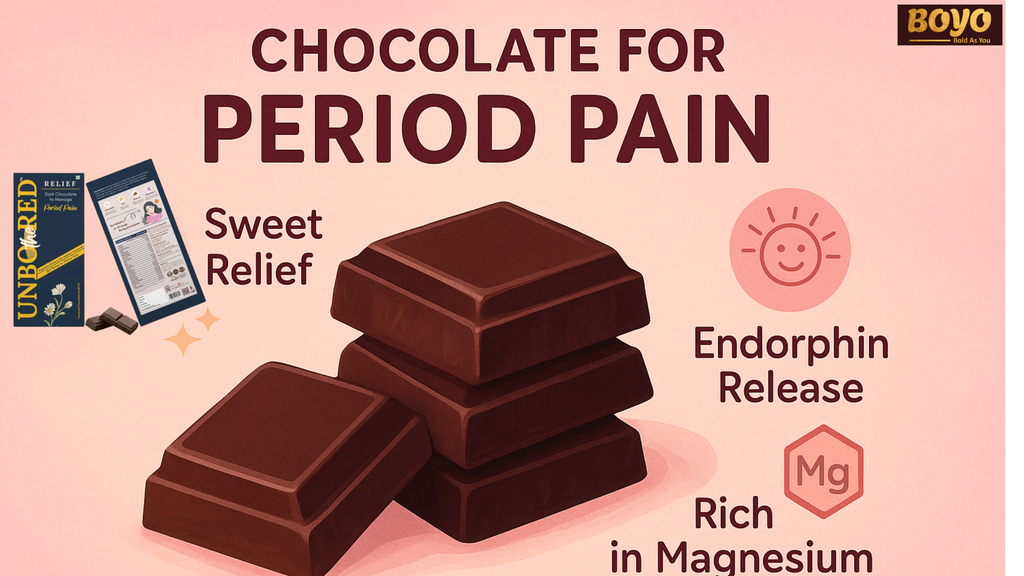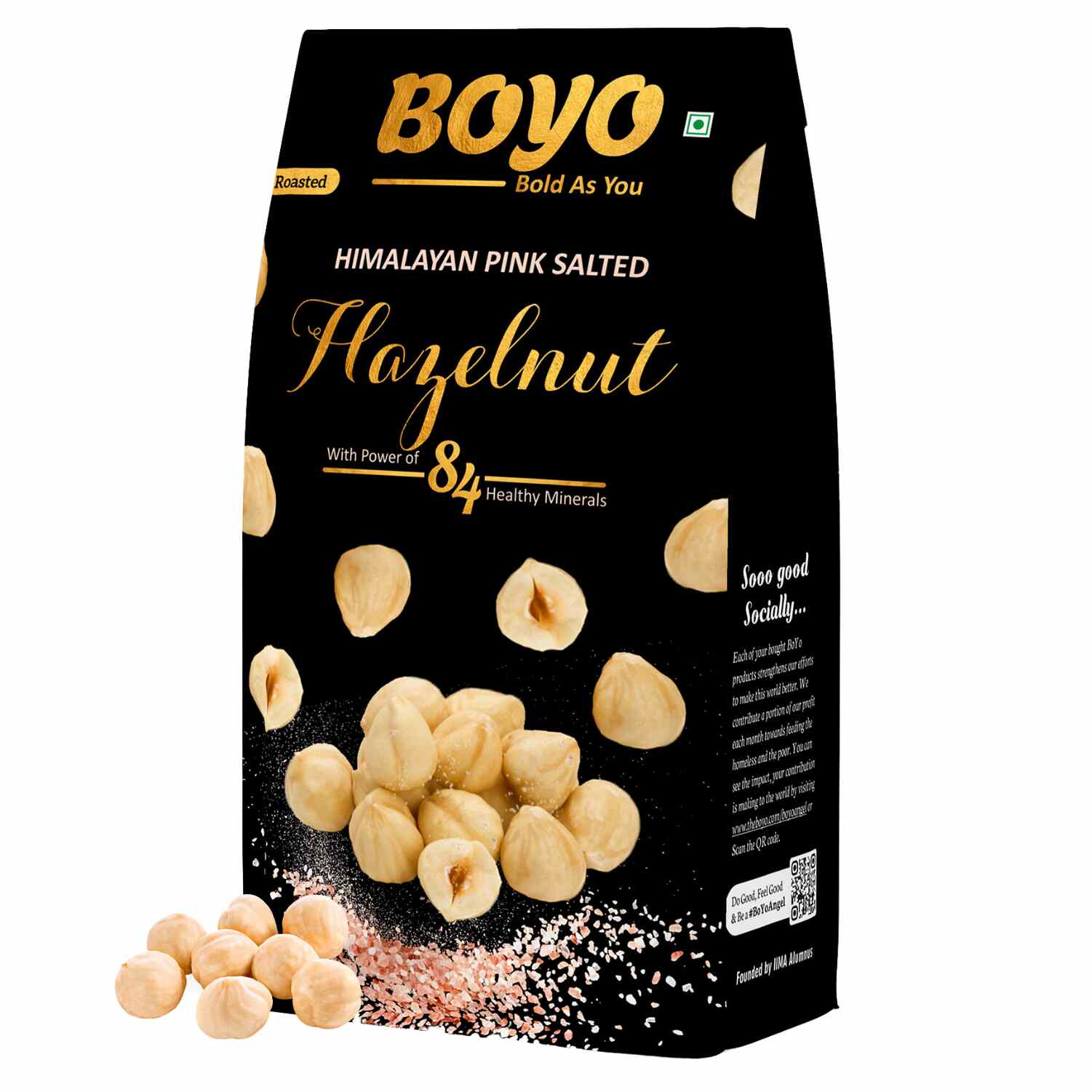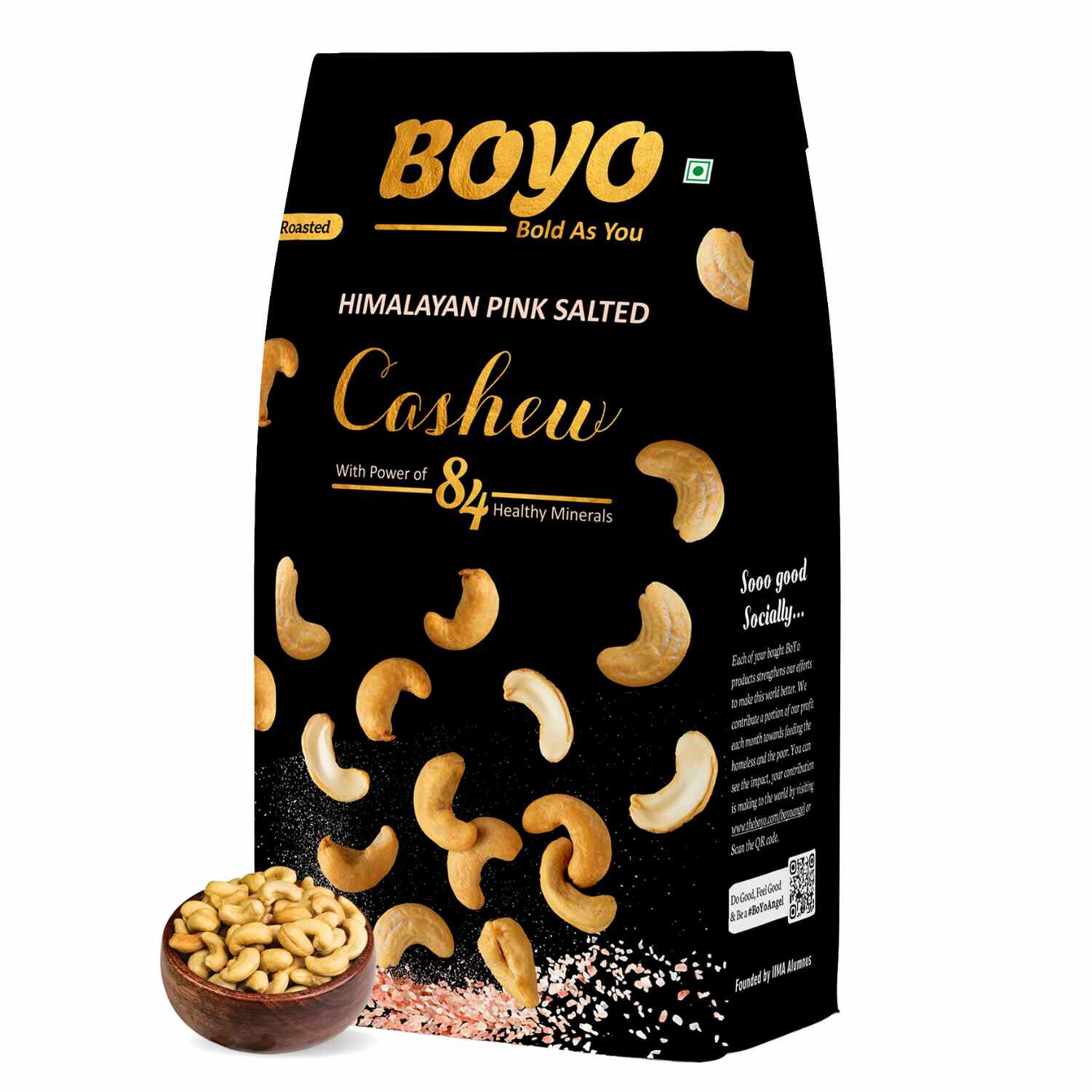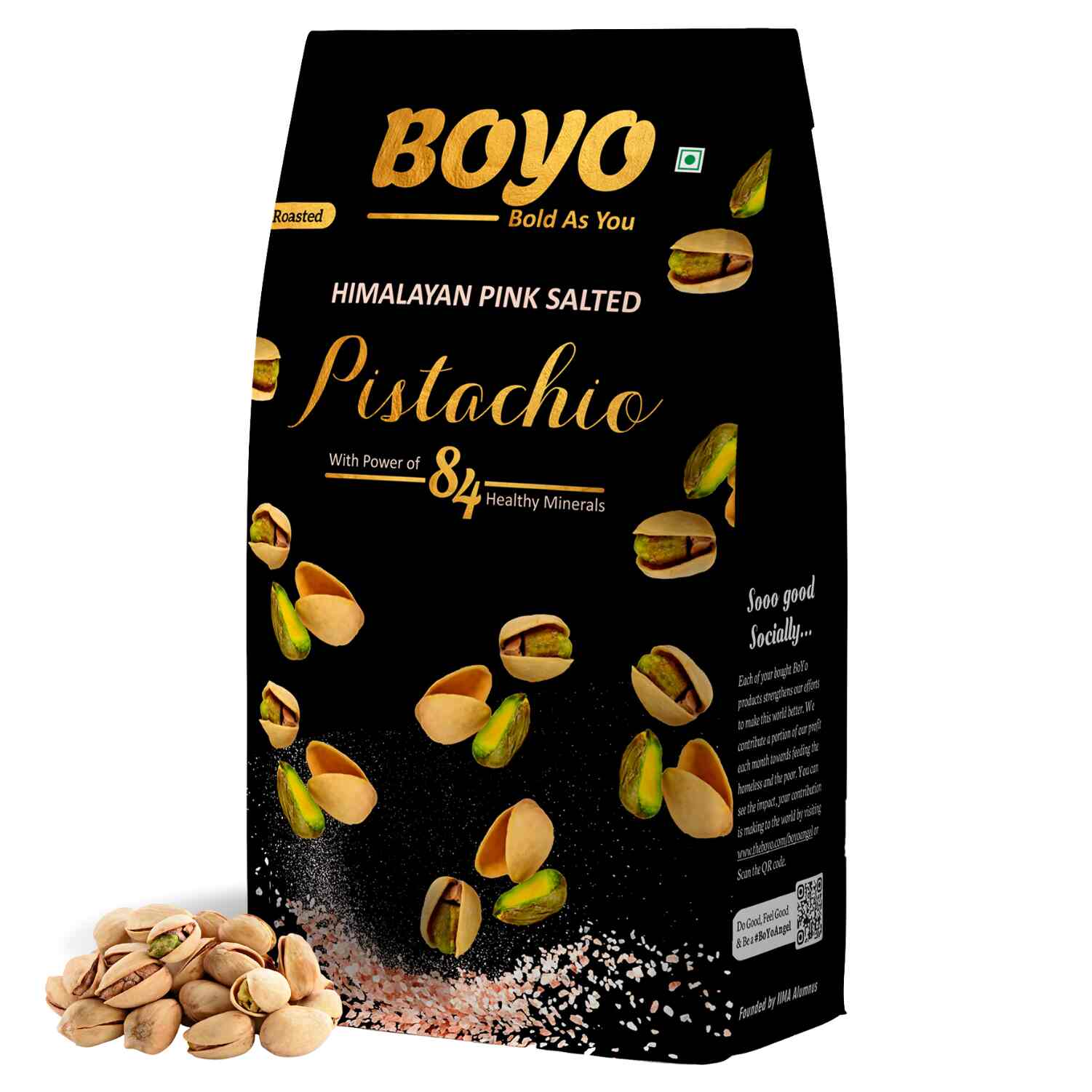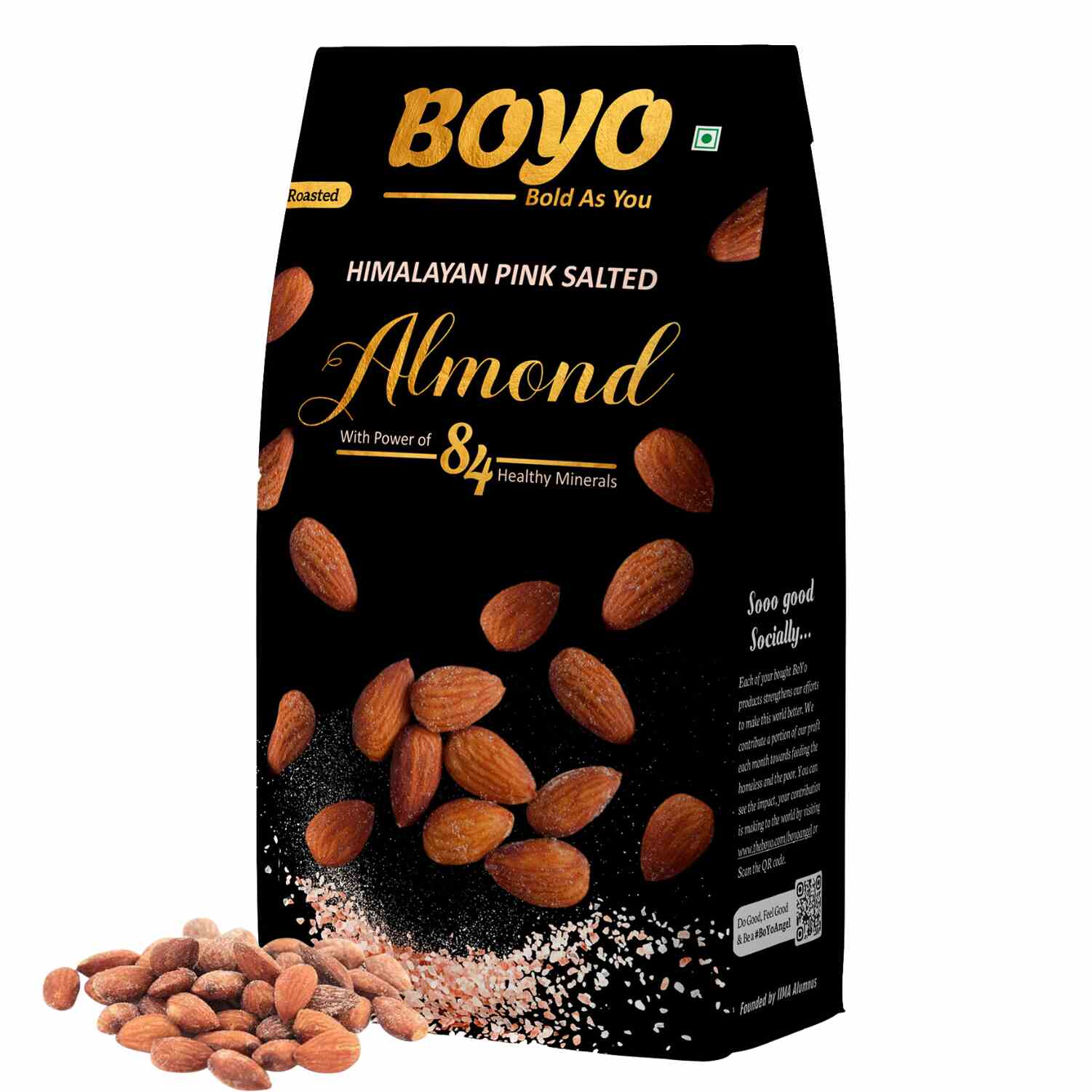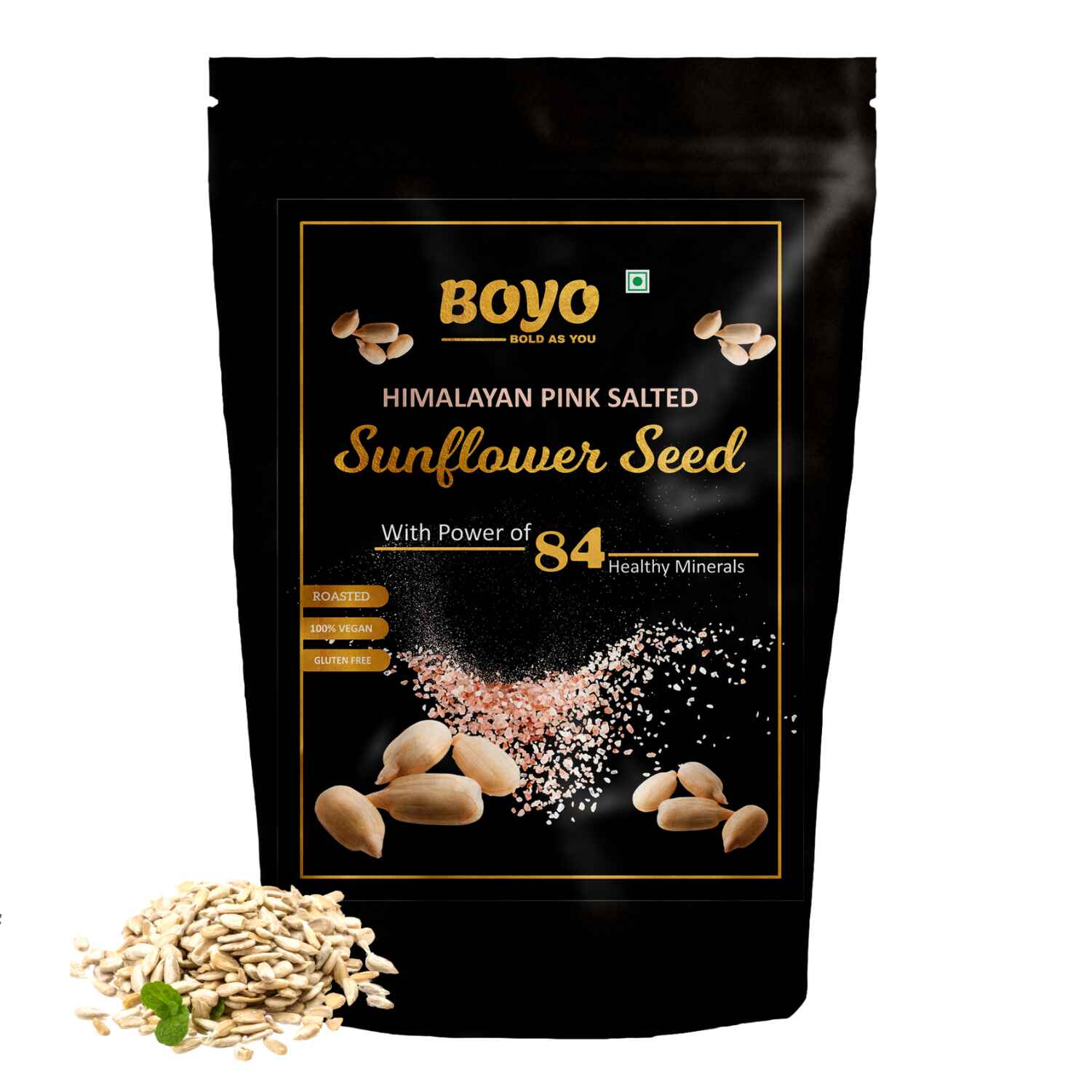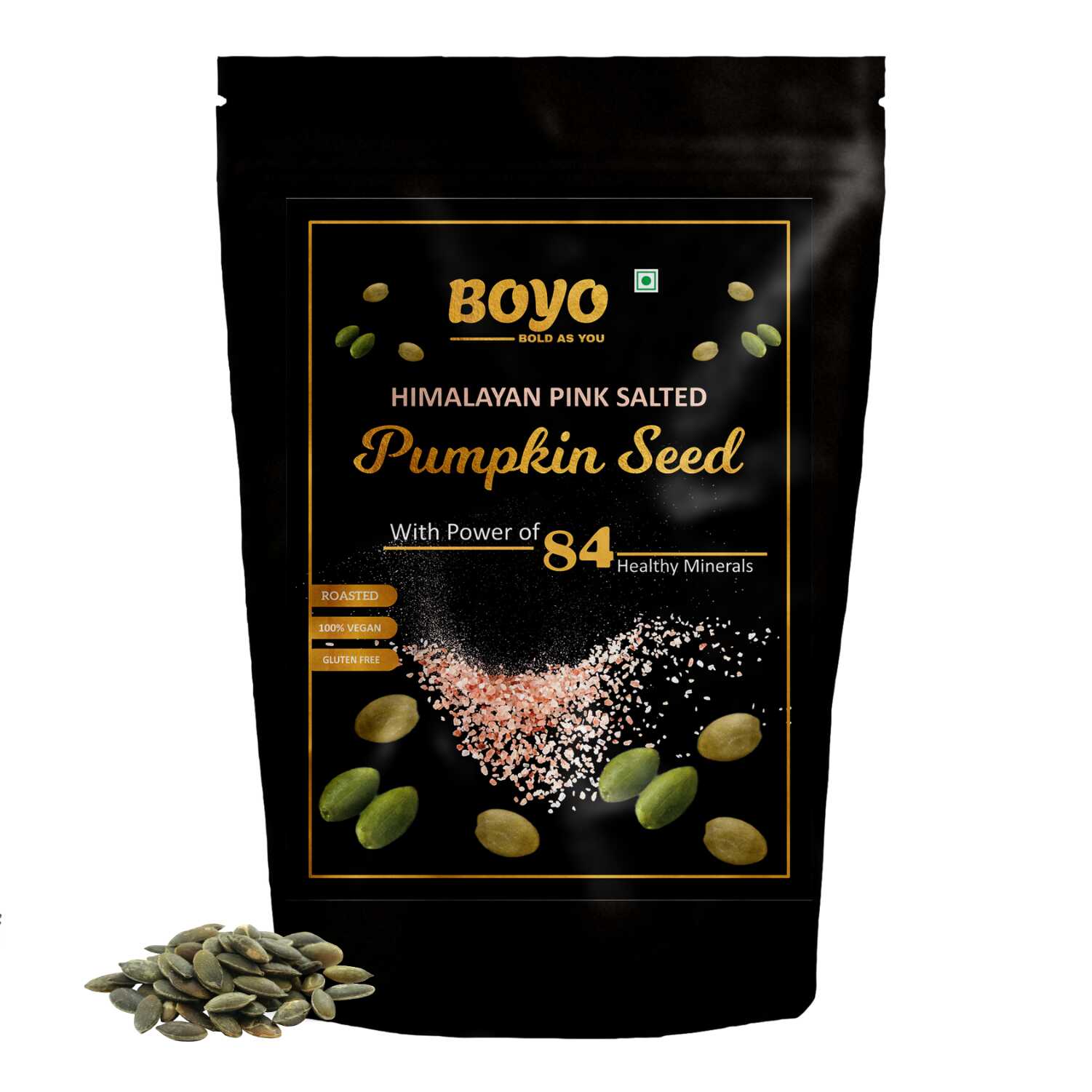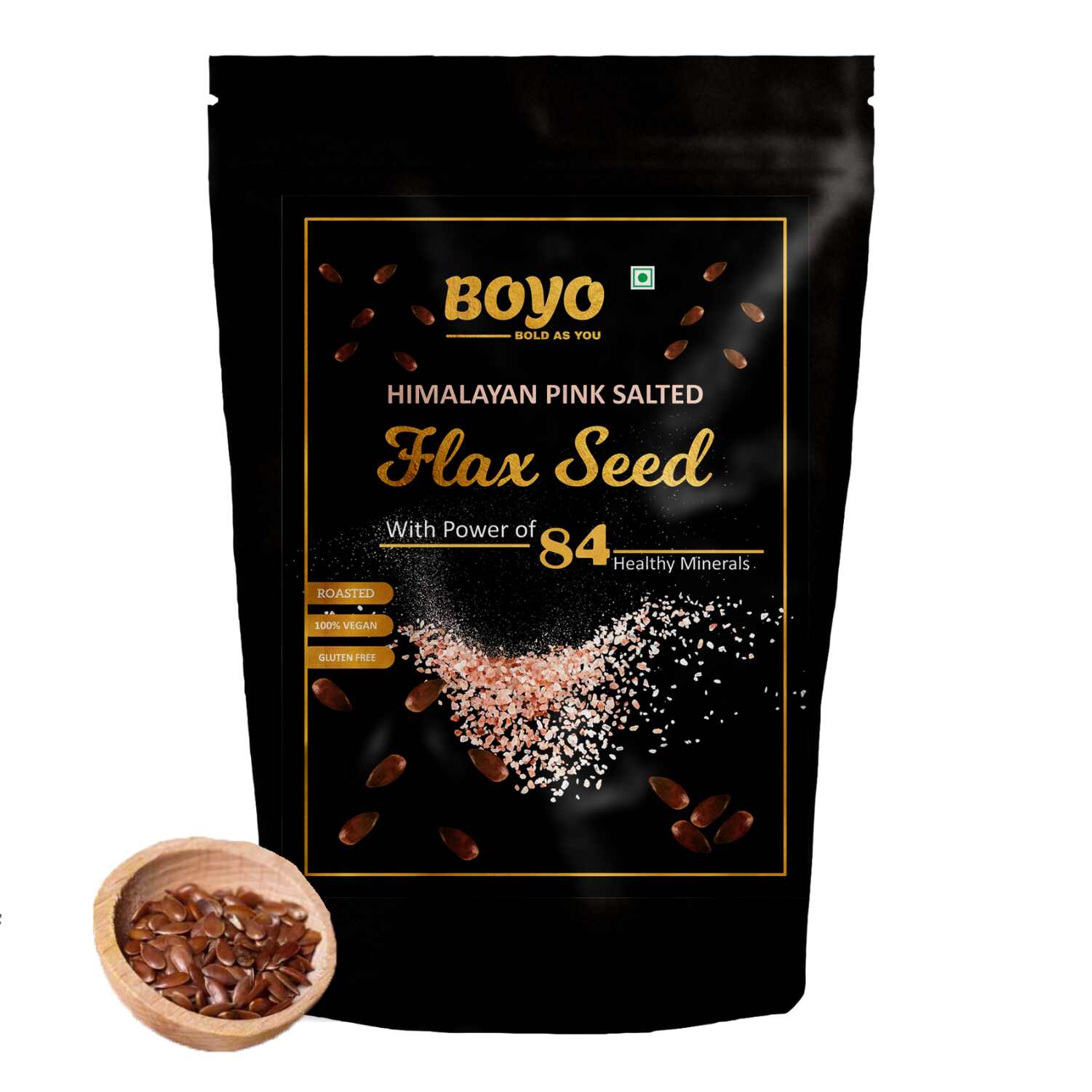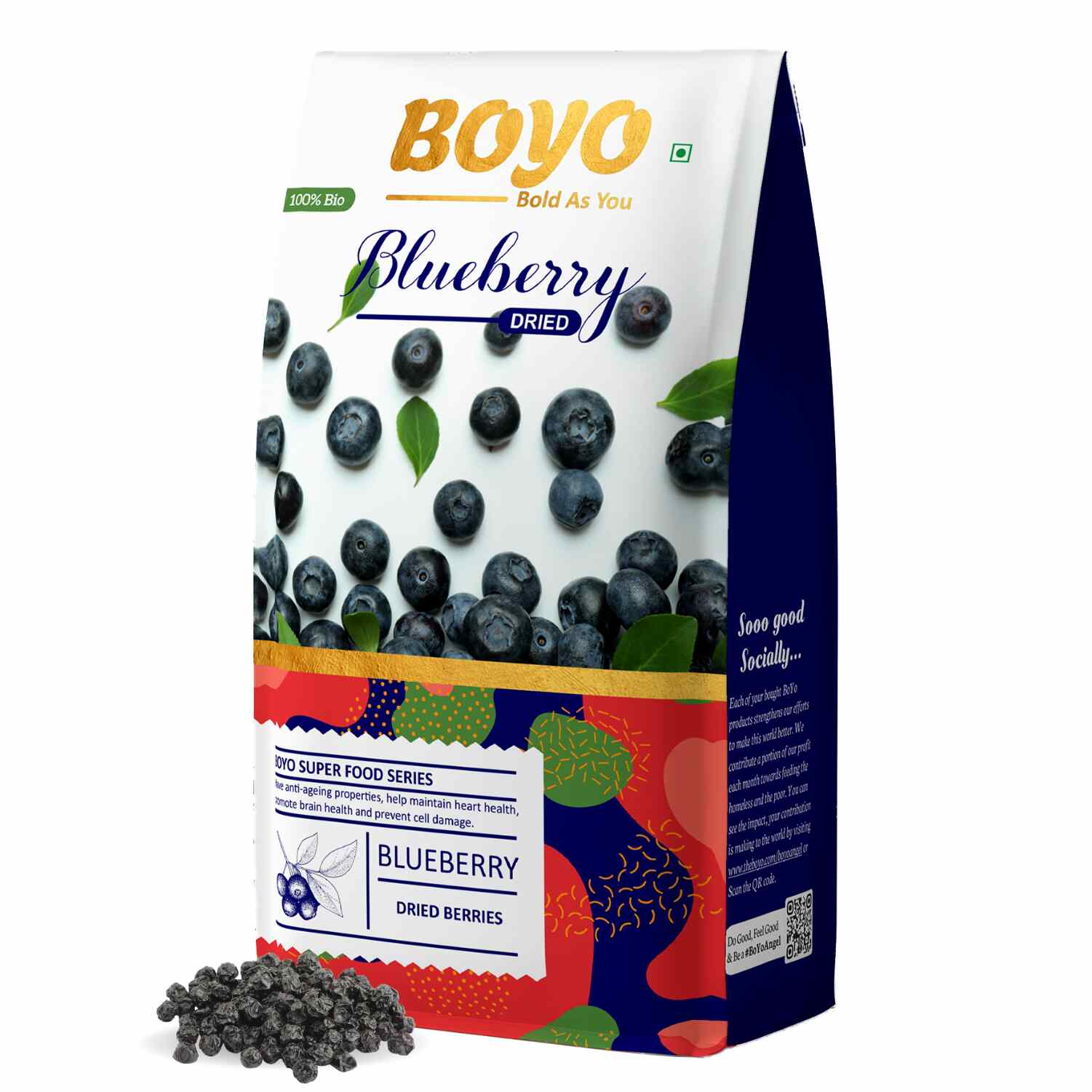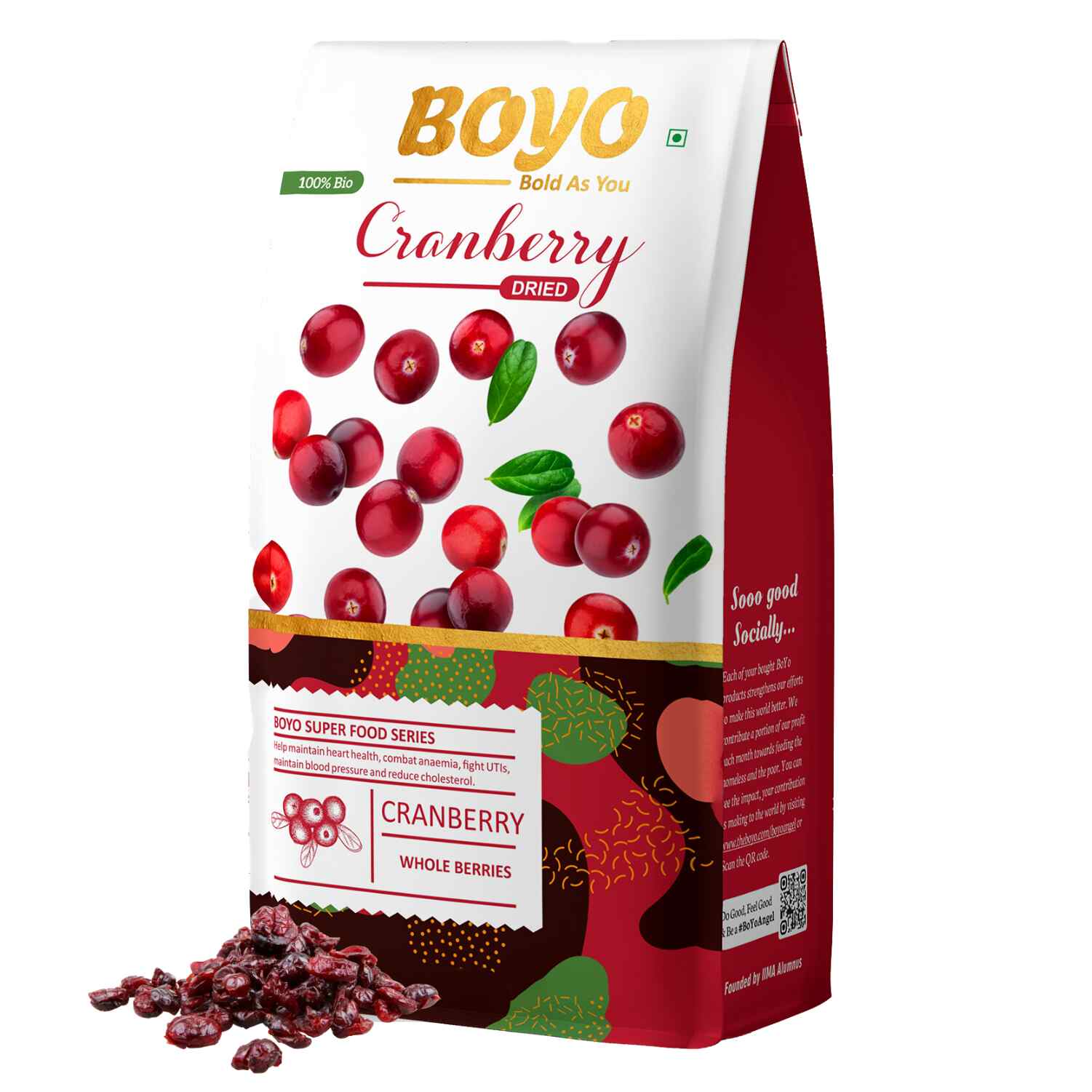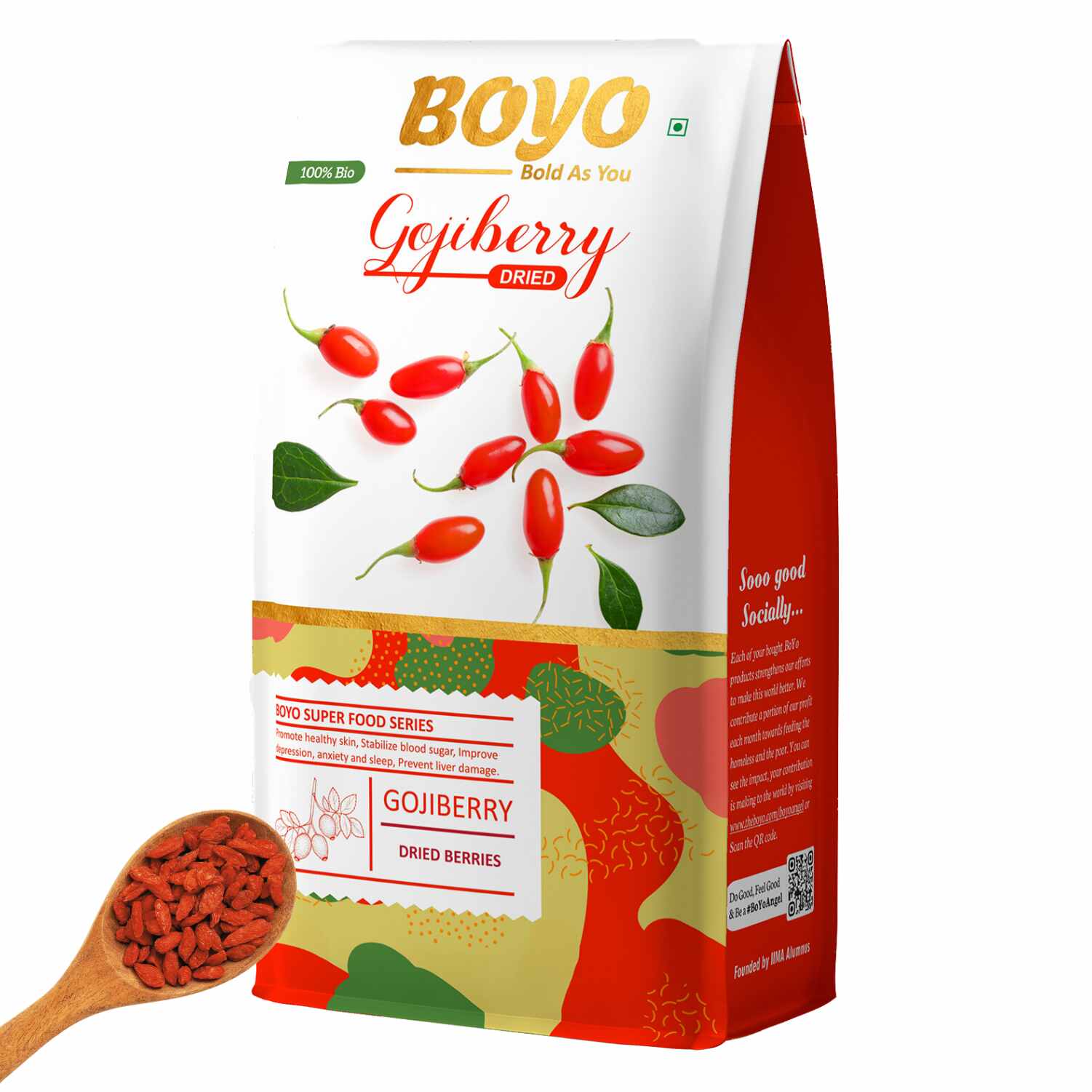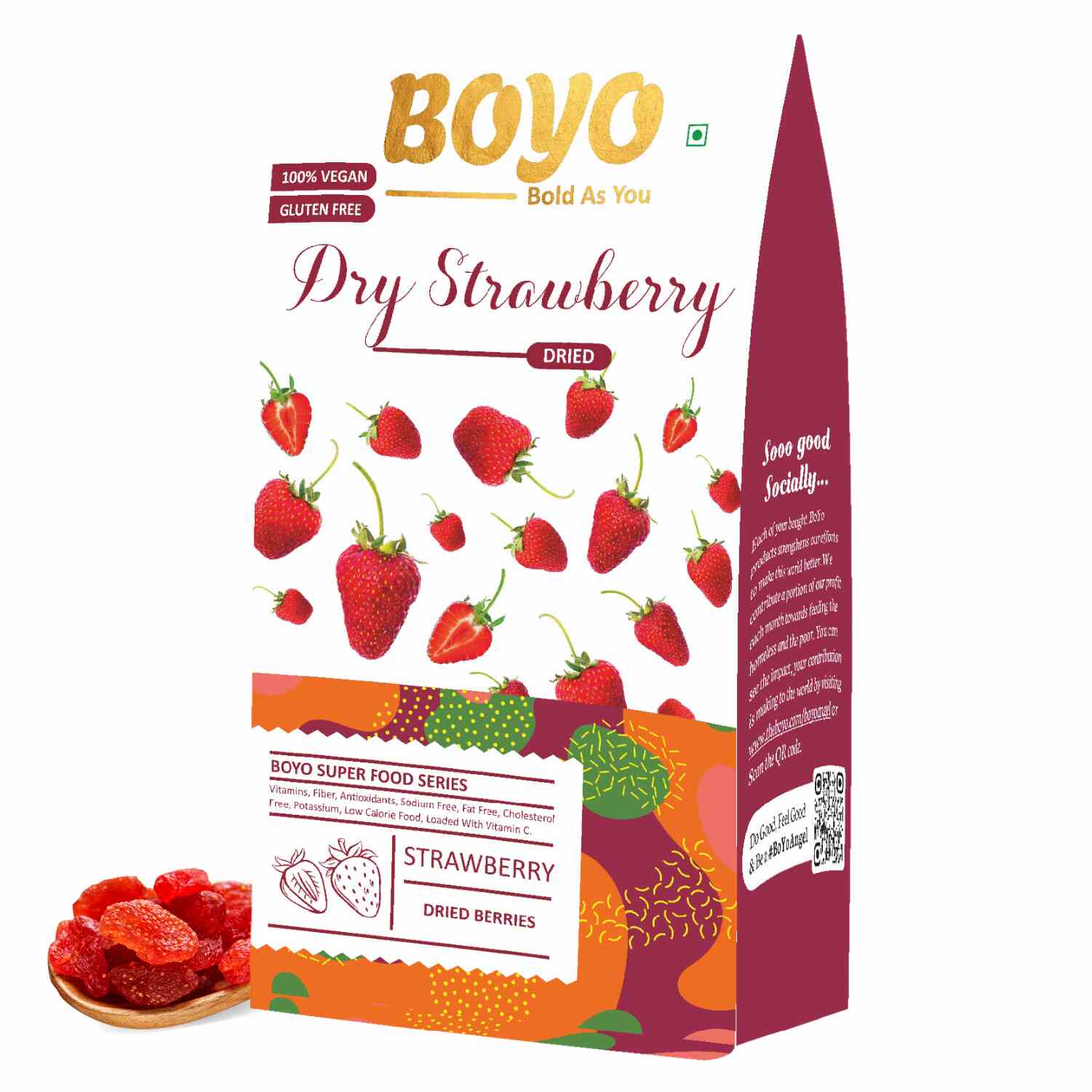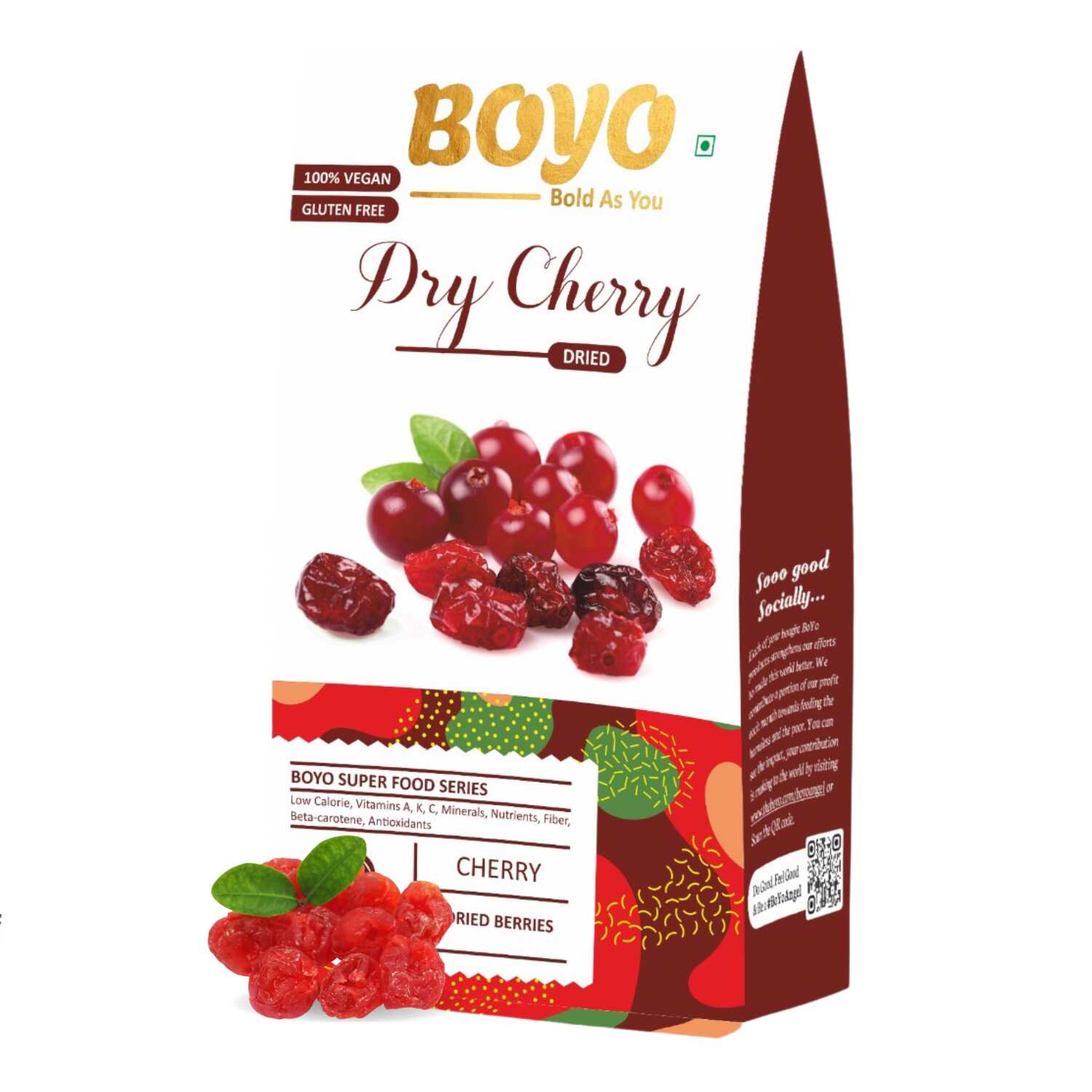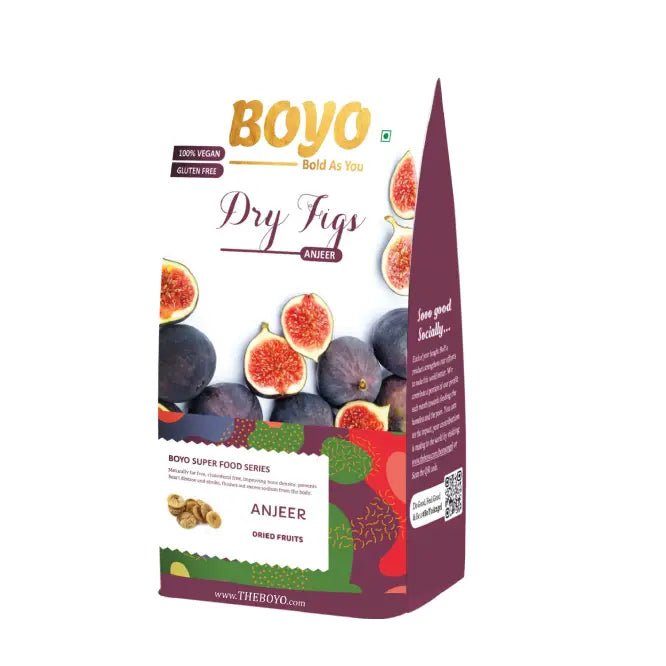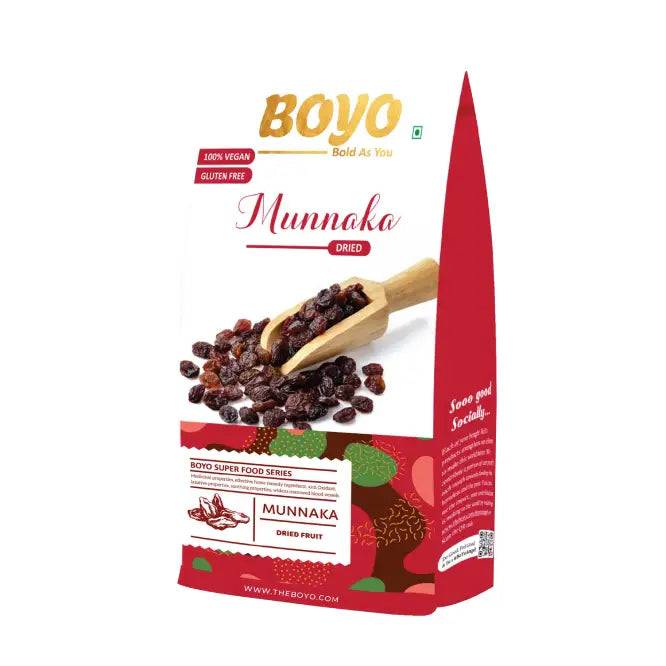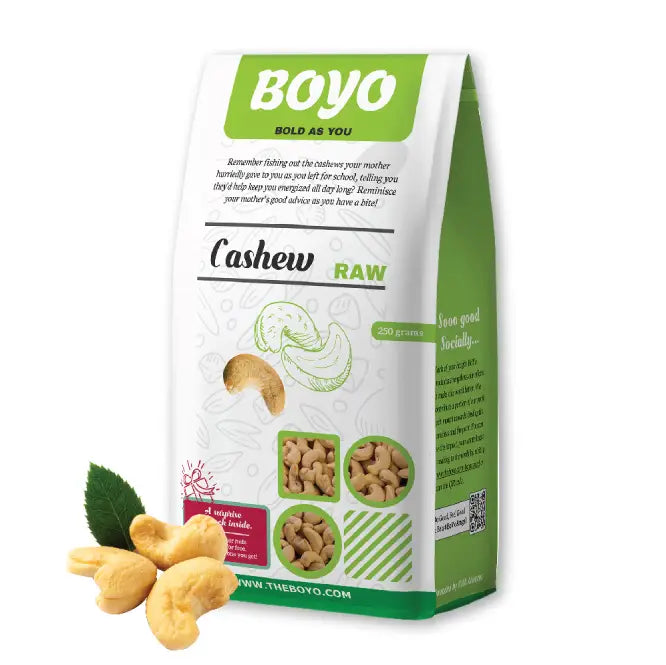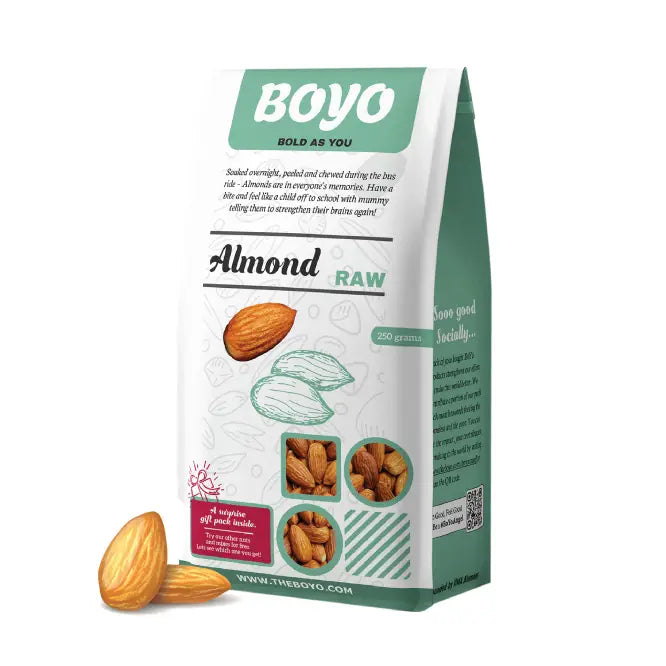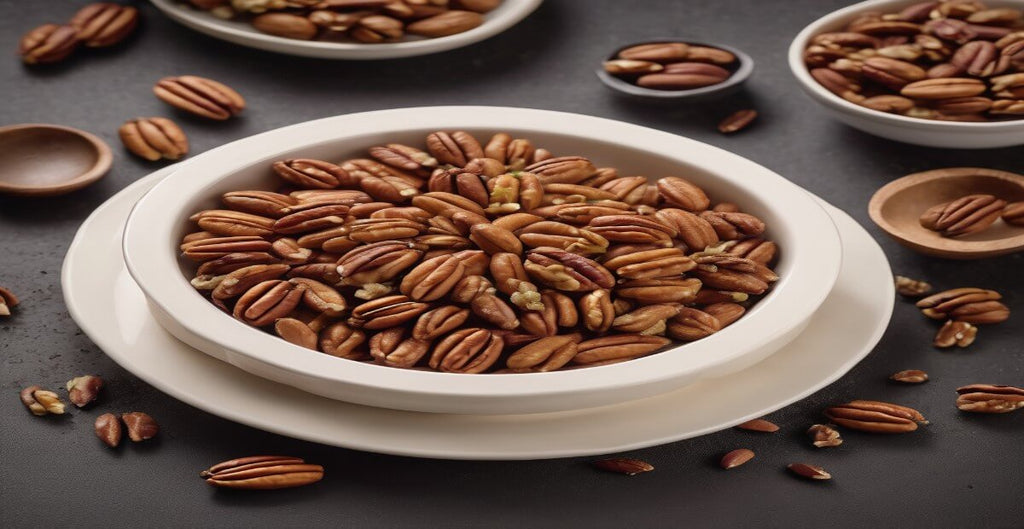
Surprising Health Benefits of Pecan Nuts You Need to Know

What is Pecan Nut ?
A pecan nut is a type of tree nut native to North America. The pecan tree ( Carya illinoinensis) produces these nuts, which have a sweet and rich flavor. Pecans are commonly used in various culinary applications, such as baking, cooking, and snacking. They are often found in desserts like pecan pies, as well as in salads and savory dishes.
Pecans are not only delicious but also nutritious, as they contain healthy fats, protein, fiber, and various vitamins and minerals. They are a good source of monounsaturated fats, which can be beneficial for heart health. Overall, pecan nuts are versatile and add a delightful taste and crunch to a wide range of dishes.
Benefits of Pecan nut
- Heart Health: Pecans are rich in monounsaturated fats, which are heart-healthy fats that can help lower bad cholesterol levels and reduce the risk of heart disease.
- Nutrient-Rich: Pecans contain various vitamins and minerals, including vitamin E, manganese, magnesium, and zinc, contributing to overall health and well-being.
-
Antioxidant Properties: Pecans are a good source of antioxidants, which help neutralize harmful free radicals in the body.
Weight Management: Despite being calorie-dense, pecans may aid in weight management. The healthy fats and fiber in pecans can contribute to a feeling of fullness, potentially reducing overall calorie intake. - Blood Sugar Control: Some studies suggest that pecans may have a beneficial impact on blood sugar levels, making them a potentially good choice for individuals with diabetes or those at risk of developing diabetes.
- Bone Health: Pecans contain minerals like phosphorus, magnesium, and zinc, which are important for maintaining strong and healthy bones.
- Brain Health: The vitamin E content in pecans may contribute to cognitive function and help protect the brain from oxidative stress.
- Digestive Health: Pecans are a good source of dietary fiber, which promotes digestive health by preventing constipation and supporting a healthy gut microbiome.
Pecan nut Nutrition
| Calories | 679 Cal |
| Total Fat | 71g |
| Saturated Fat | 5.4g |
| Sodium | 1mg |
| Carbohydrate | 14g |
| Dietary Fiber | 11g |
| Sugar | 3.6g |
| Protein | 11g |
Vitamins and Minerals
Pecans are a rich source of various vitamins and minerals, providing several nutritional benefits. Here are the key vitamins and minerals found in pecan nuts:
- Vitamin E:
- Pecans are a good source of vitamin E, an antioxidant that helps protect cells from oxidative damage.
- Manganese:
- Pecans are high in manganese, a mineral that plays a role in bone formation, blood clotting, and reducing inflammation.
- Copper:
- Copper is present in pecans and is essential for the formation of red blood cells, maintenance of bones and connective tissues, and overall immune function.
- Zinc:
- Pecans contain zinc, which is important for immune function, wound healing, and DNA synthesis.
- Magnesium:
- Magnesium is found in pecans and is involved in numerous biochemical reactions in the body, including energy production and muscle function.
- Phosphorus:
- Pecans provide phosphorus, which is vital for bone health, kidney function, and nutrient metabolism.
- Thiamine (Vitamin B1):
- Pecans contain thiamine, a B-vitamin that is important for converting food into energy and supporting nerve function.
- Folate (Vitamin B9):
- Folate is present in pecans and is crucial for DNA synthesis and cell division.
- Iron:
- While present in smaller amounts, pecans contain iron, which is essential for transporting oxygen in the blood and supporting overall energy levels.
- Potassium:
- Pecans provide potassium, an electrolyte that helps regulate fluid balance, nerve signals, and muscle contractions.
It's important to note that while pecans offer these vitamins and minerals, they are also calorie-dense due to their fat content. Consuming them in moderation as part of a balanced diet can contribute to overall health and well-being.
Pecan nut vs walnut
Pecans and walnuts are both nutritious nuts, but they have some differences in terms of flavor, nutritional composition, and culinary uses. Here's a comparison:
-
Flavor:
- Pecans: Pecans have a sweet and rich flavor, often described as buttery or even slightly caramel-like.
- Walnuts: Walnuts have a milder, earthy flavor with a slightly bitter note.
-
Appearance:
- Pecans: Pecans are generally long and narrow with a smooth, reddish-brown shell.
- Walnuts: Walnuts are rounder with a wrinkled, light brown shell.
-
Nutritional Composition:
- Pecans: Pecans are rich in monounsaturated fats, particularly oleic acid. They also contain a good amount of vitamin E, manganese, and zinc. Pecans are slightly lower in omega-3 fatty acids compared to walnuts.
- Walnuts: Walnuts are known for being an excellent source of omega-3 fatty acids, alpha-linolenic acid (ALA). They also provide protein, fiber, vitamin E, and minerals like manganese.
-
Omega-3 Fatty Acids:
- Pecans: Pecans contain minimal amounts of omega-3 fatty acids compared to walnuts.
- Walnuts: Walnuts are one of the best plant-based sources of omega-3 fatty acids.
-
Culinary Uses:
- Pecans: Pecans are commonly used in baking, especially in desserts like pecan pies. They also make a tasty addition to salads and can be enjoyed as a snack on their own.
- Walnuts: Walnuts are versatile and are used in both sweet and savory dishes. They are often added to salads, oatmeal, baked goods, and are a popular choice for making walnut pesto.
-
Health Benefits:
- Both nuts offer various health benefits, including heart health, antioxidant properties, and contributions to overall nutrient intake.
In summary, while both pecans and walnuts are nutritious and can be part of a healthy diet, they differ in flavor, appearance, and nutritional composition. Including a variety of nuts in your diet can provide a range of nutrients and health benefits.
How to add pecan nut in your daily diet
Adding pecan nuts to your diet can be a delicious and nutritious way to enjoy their benefits. Here are some ideas on how to incorporate pecans into your meals:
-
Snacking:
- Enjoy a handful of raw or lightly roasted pecans as a snack. Mix them with other nuts or dried fruits for a satisfying trail mix.
-
Salads:
- Sprinkle chopped or whole pecans on top of your favorite salads. Pecans can add a delightful crunch and flavor to both green salads and fruit salads.
-
Breakfast:
- Add chopped pecans to your morning oatmeal or yogurt. They complement well with other breakfast items like granola, berries, or sliced bananas.
-
Baking:
- Incorporate pecans into your baking recipes. Pecan pies, cookies, muffins, and bread are classic choices. You can also add chopped pecans to pancake or waffle batter.
-
Main Dishes:
- Use crushed or finely chopped pecans as a coating for chicken or fish. The nutty crust adds both flavor and texture. Pecans can also be included in stuffing for poultry or added to grain-based dishes.
-
Vegetables:
- Roast vegetables such as Brussels sprouts, sweet potatoes, or carrots with a sprinkle of chopped pecans for added crunch and flavor.
- Desserts:
- Aside from traditional pecan pie, consider adding pecans to ice cream, pudding, or even drizzling them with honey for a simple and tasty dessert.
-
Smoothies:
- Blend pecans into your smoothies for an extra nutrient boost. They pair well with flavors like banana, cinnamon, and nutmeg.
-
Grain Dishes:
- Stir chopped pecans into rice dishes, quinoa, or couscous for added texture and nutty flavor.
In conclusion
Pecan nuts, derived from the pecan tree native to North America, offer a delectable blend of sweetness and richness, making them a versatile addition to various culinary delights. Beyond their enticing flavor, pecans pack a nutritional punch, boasting heart-healthy monounsaturated fats, beneficial antioxidants, and a range of essential vitamins and minerals. These include vitamin E for cell protection, manganese for bone health, and zinc for immune function. Despite their calorie density, pecans can aid in weight management, contribute to digestive health, and potentially support blood sugar control. In comparison to walnuts, pecans stand out with their unique taste profile and culinary applications, making them a delightful and nutritious choice. Incorporating pecans into daily meals, from snacks and salads to desserts and main dishes, provides a delicious way to enjoy their numerous health benefits.
FAQ
Q1. What is the typical size of a mature pecan tree?
Ans Mature pecan trees typically range from 70 to 100 feet in height, with a spread of 40 to 75 feet.
Q2. What is the history of pecans in culinary traditions?
Ans Pecans have a long history in Native American and Southern U.S. culinary traditions. They were used by Native American tribes and later incorporated into traditional Southern dishes such as pecan pie.
Q3. How do you propagate pecan trees?
Ans Pecan trees are commonly propagated through grafting or by planting pecan nuts. Grafting involves joining a piece of a desirable pecan tree (scion) with the rootstock of another tree.
Q5. Are pecans a good source of protein?
Ans Yes, pecans are a good source of protein. They also contain healthy fats, fiber, and various essential nutrients.
Q6. What is the scientific name for the pecan tree?
Ans The scientific name for the pecan tree is Carya illinoinensis.















